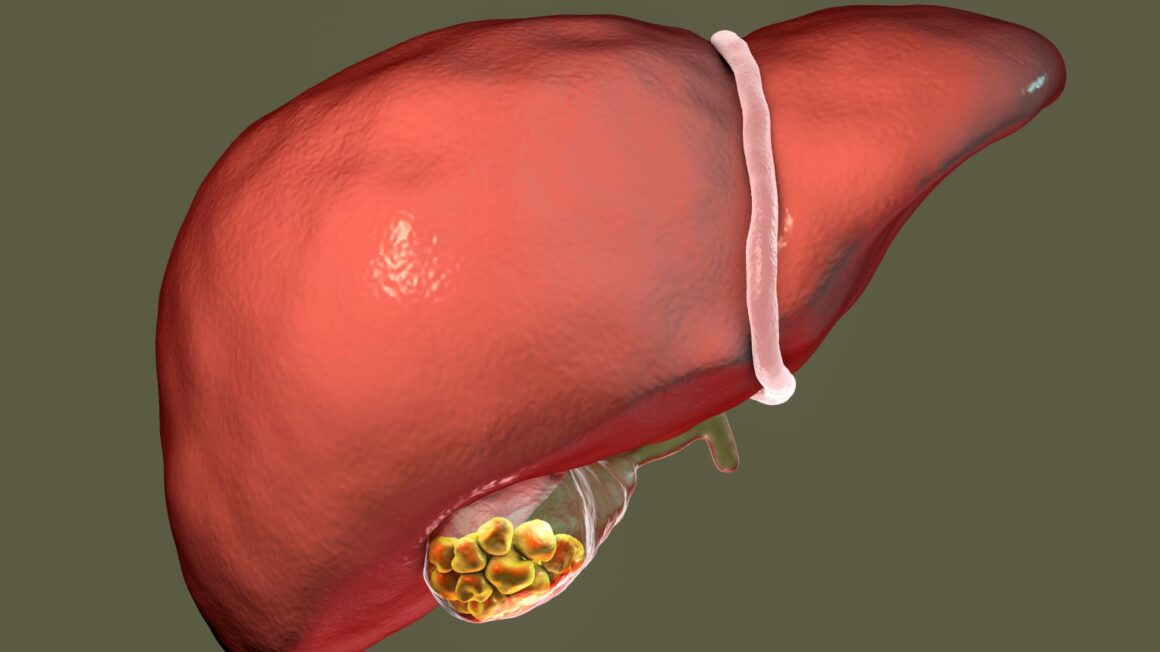Pancreatic surgery represents a critical component of the treatment for various pancreatic disorders, including the highly complex and challenging pancreatic cancers. The pancreas, a vital organ located in the abdomen, plays a significant role in digestion and hormone production. However, it can be the site of serious conditions, including cancer, pancreatitis, and cystic formations, necessitating surgical intervention.
Pancreatic Cancers
Pancreatic cancer is one of the most aggressive forms of cancer, often detected in later stages due to its subtle early symptoms. The types of pancreatic cancers include adenocarcinoma, which accounts for about 90% of cases and originates in the exocrine cells, and neuroendocrine tumors (NETs) that arise from the islet cells. The prognosis and treatment approach vary significantly based on the cancer type, stage, and the patient’s overall health.
Types of Surgeries
1. Whipple Procedure (Pancreaticoduodenectomy): This complex surgery involves the removal of the head of the pancreas, the first part of the small intestine (duodenum), the gallbladder, and a portion of the bile duct. It’s primarily performed for tumors located in the head of the pancreas. The goal is to remove the tumor and nearby lymph nodes to prevent cancer spread.
2. Distal Pancreatectomy: This procedure involves removing the tail and sometimes a portion of the body of the pancreas. If the spleen is close to the affected area, it may also be removed. This surgery is typically performed for tumors located in the tail and body of the pancreas.
3. Total Pancreatectomy: Involves the removal of the entire pancreas, part of the stomach, part of the small intestine, the common bile duct, the gallbladder, spleen, and nearby lymph nodes. This extensive surgery is considered when the cancer is widespread within the pancreas or for certain types of precancerous cystic tumors.
4. Laparoscopic Surgery: For select patients, minimally invasive laparoscopic techniques can be used for distal pancreatectomy and some other pancreatic surgeries, offering the benefits of smaller incisions, reduced pain, and shorter hospital stays.
Other Pancreatic Issues
Apart from cancers, the pancreas can be afflicted by a range of issues such as acute and chronic pancreatitis, pancreatic cysts, and benign tumors. Acute pancreatitis is often treated with medication and lifestyle adjustments, but severe cases may require surgery to remove obstructions or damaged tissue. Chronic pancreatitis might necessitate surgical intervention to relieve pain, improve pancreatic function, or manage complications. Pancreatic cysts and benign tumors, depending on their size, location, and the symptoms they cause, might also require surgical removal.
Conclusion
Pancreatic surgery is a highly specialized field, demanding a high level of expertise due to the complexity of the procedures and the critical nature of the pancreas to overall health. The choice of surgical technique depends on the specific condition, its location within the pancreas, and the goal of treatment, whether it’s to cure the disease, relieve symptoms, or prevent complications. Patients undergoing pancreatic surgery require comprehensive care, including detailed preoperative assessment, skilled surgical intervention, and dedicated postoperative management to ensure the best possible outcomes.



